Resources for Writers

I’ve been writing for most of my life–starting with illustrated stories as a kid, graduating to fanfic (of other books) when I was a little older, to full-blown novels as a teenager. I used to fill notebook after notebook with my writing, read it to anyone who would be my audience and was even featured in the local newspaper at fifteen years old for one of my novels. But it wasn’t until I rediscovered my love of writing as an adult and began studying craft, that I really learned and understood how to write a novel.
My first piece of advice (disclaimer: take my advice with a grain of salt), if you’re just starting out, is to find your people. I was so very lucky to find a group of insanely talented writers to chat with about book ideas, querying, and the publishing industry in general. These writers became friends. And it all started with a group of people hoping to get into a big writing contest. Having other writers to talk to, to beta read for, and to provide me with feedback has been invaluable.
My second piece of advice is to have others critique your work, but also do some critiquing yourself. I had no idea how to critique when I first started, and I’m still developing a style that is both constructive and meaningful. But I have learned so much by helping others develop their work. And I don’t even have the words to explain how helpful it’s been to have a group of brilliant writers to help me develop mine.
My third piece of advice is to read widely in your genre. I know, it’s cliche advice, but it’s so true. You really need to be well-read in your genre to do it justice. This can be hard to balance when you’re working full-time, parenting full-time, and trying to find time to write. But carve out time for reading if you can. I’ve learned so much from reading MG–even though I get some funny looks for being an adult who reads books for kids.
My fourth piece of advice is to figure out what your drafting style is. I know, easier said than done. Are you a plotter, who plots every single scene before you sit down to write a single word? Are you a panster, who has no idea what’s going to come out when you sit down to write? Or are you (like me) a planster? What is a plantser? Well, for me, it means most of the time I have an idea or a character in mind and not much more than that before I start writing. A lot of times, the book seems to write itself. But at some point (usually the midway point), I will loosely plot out the rest of the story so that I know I’m accomplishing what I want to accomplish before I get to the end. This often changes as I go, but I at least have a little bit of a guide as I work.
The advice above feeds into the next and final piece of advice I have–which is studying craft. There are tons of books and websites and podcasts out there that will tell you the tricks and tips to crafting a story. Which ones work for you will depend on your style of drafting. There are wildly popular books that I found I couldn’t get into because they didn’t reflect the way I draft. And that’s okay! Keep reading until you find something that resonates with you. It might take some trial and error, but really, there’s no rush! Here are some of the books I found useful:
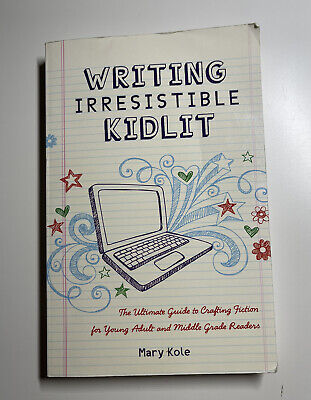
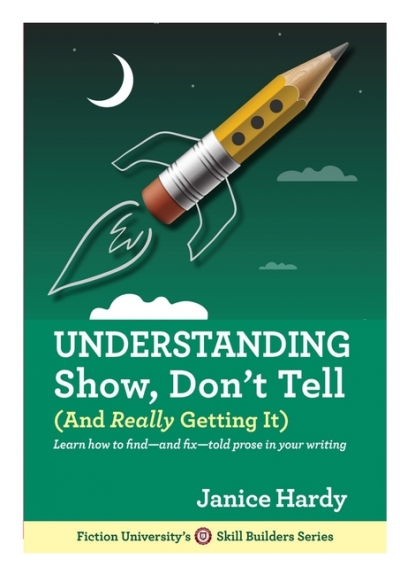

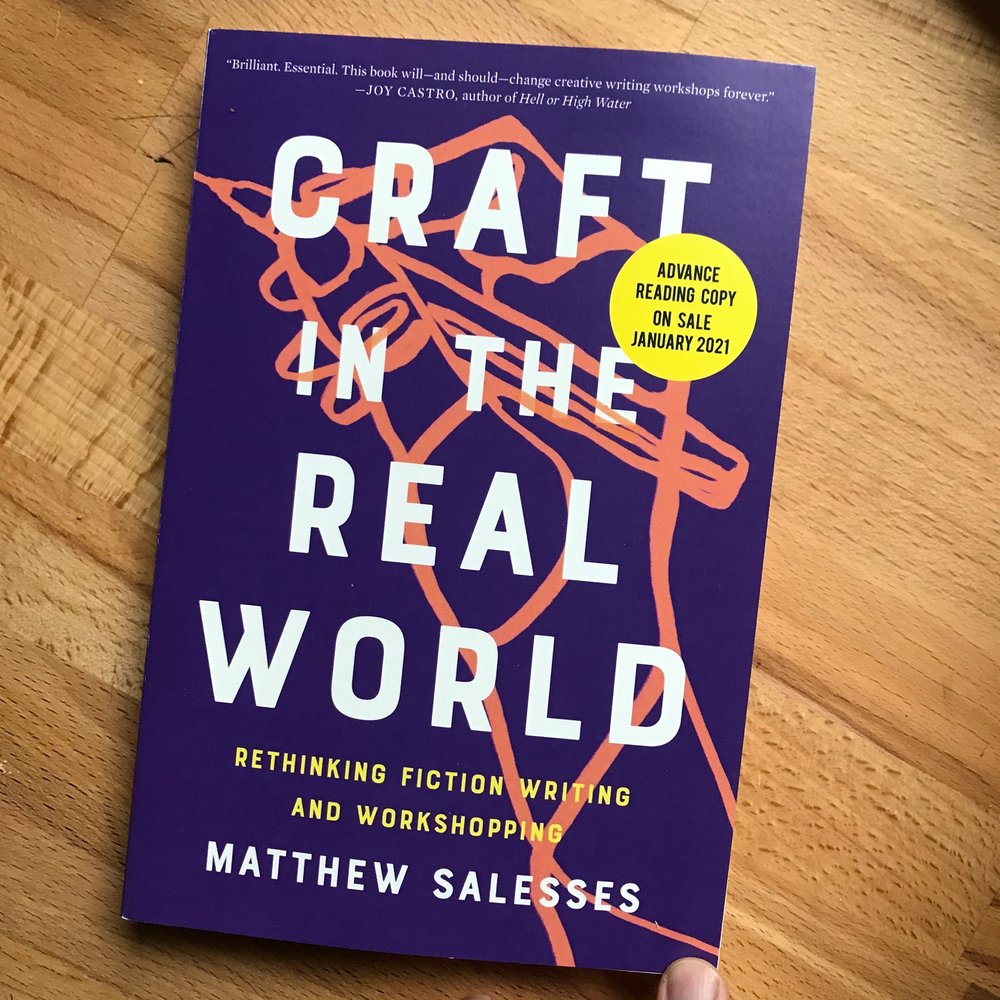
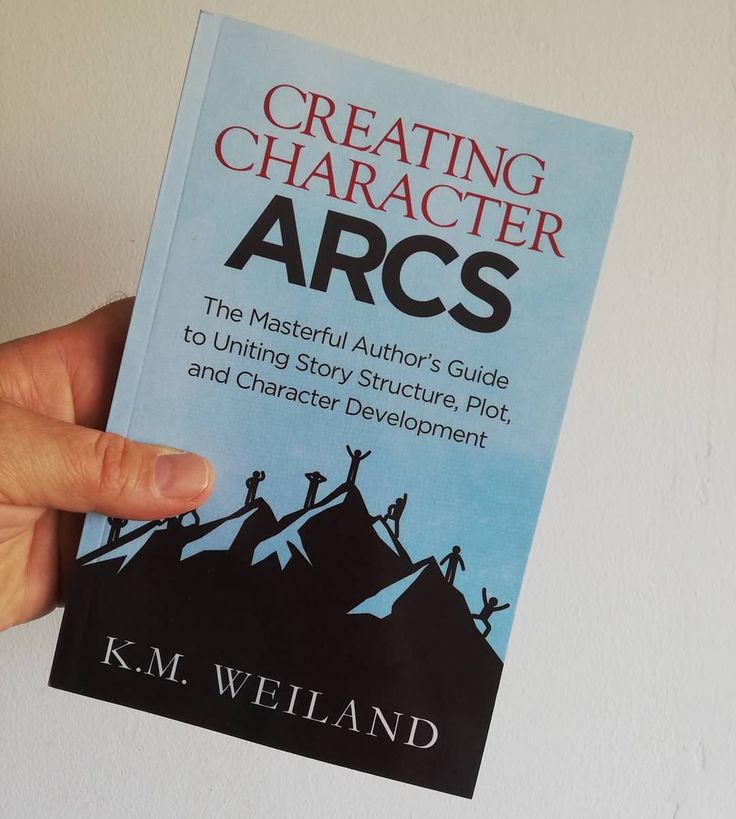
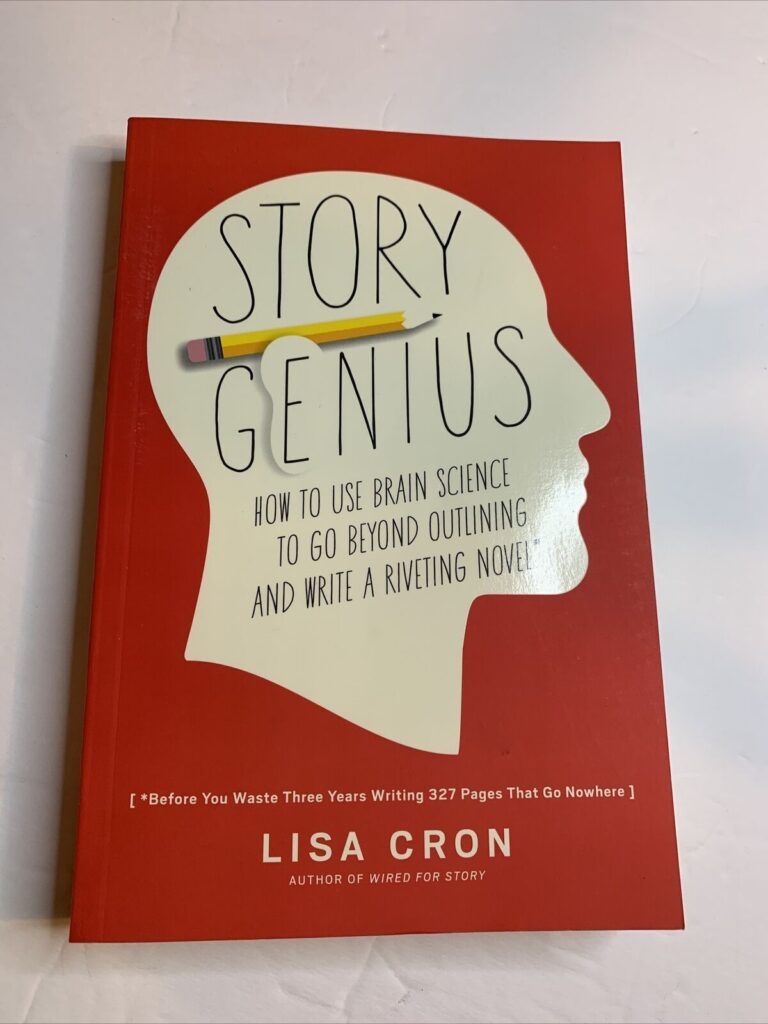
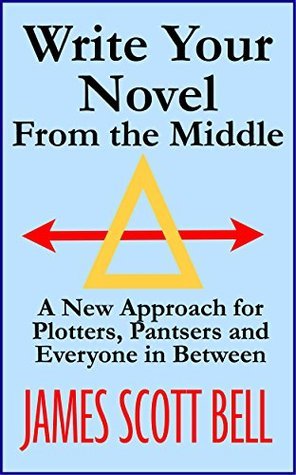
Here are other popular craft books:
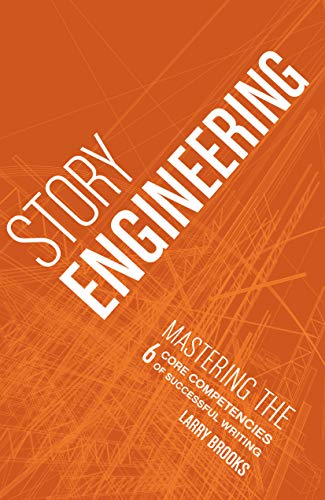
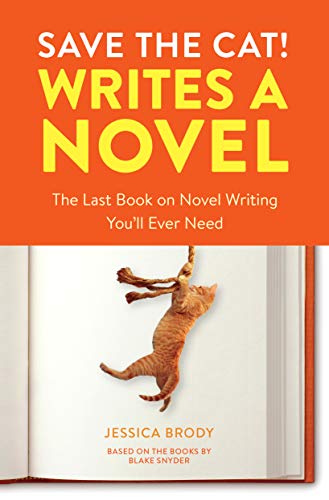
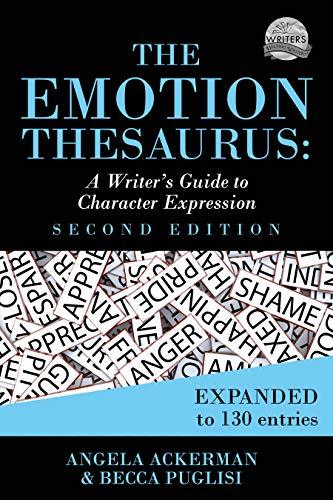
I think you get the picture! There are a TON of craft books out there to help you. You can google, do a search on good reads, or try any of the above. Also, if you prefer to listen rather than read (sometimes, that’s all you have time for), there are a ton of podcasts out there.
- Writing Excuses – https://writingexcuses.com/
- Queries, Qualms, & Quirks – https://sarahnicolas.com/projects/queries-qualms-quirks/
- 88 Cups of Tea – https://88cupsoftea.com/
- The Writer Files – https://rainmaker.fm/series/writer/
- Writer, Writer, Pants on Fire – https://writerwriterpantsonfire.podbean.com/
There are more I’m not thinking of, but a quick google search should bring up plenty of options.
My final, final piece of advice is, if you enjoy writing, do it! The publishing industry isn’t for the faint of heart and it’s easy to get discouraged. Don’t give up! If your dream is to get published, it’s worth pursuing. But remember that your mental health and well-being comes first. Sometimes you can write just because you love it, and that’s okay.
Fun fact: when I finished my first MG novel in July of 2020, I was going to self-publish. I was certain there was NO WAY I’d make my childhood dream of becoming published author come true. Then, my lovely husband encouraged me to give it a shot. And here we are. But I couldn’t have gotten here on my own. One of the first things I did was find my people. Then I worked on my craft and starting critiquing. I entered contests and pitch events. I received hundreds of rejections before signing with my agent.
